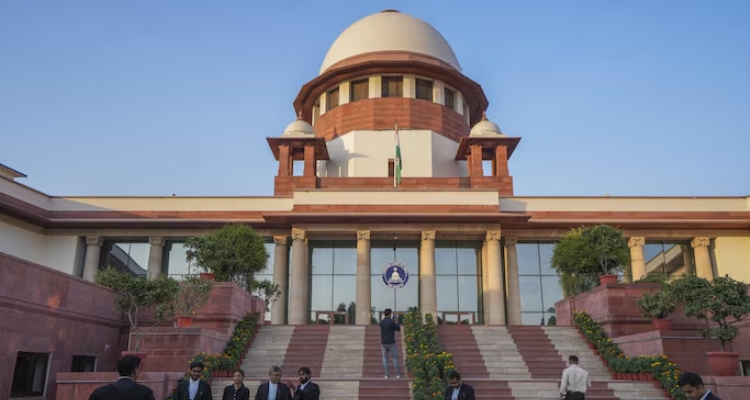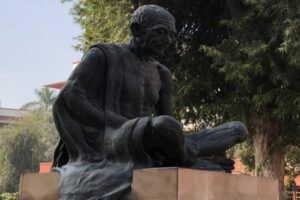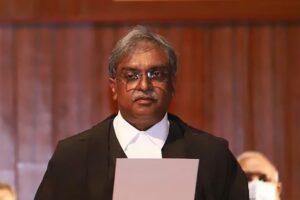
The Supreme Court on Thursday directed the Centre to convene a meeting with all states and Union Territories to create a unified proposal to tackle the issue of inter-state trafficking of bonded labourers, including minors.
The court was alarmed by statistics showing that in Uttar Pradesh, of the 5,264 bonded labourers released, only 1,101 received immediate financial assistance.
The bench, comprising Justices B.R. Gavai and K.V. Viswanathan, highlighted that the problem primarily lies in the timely disbursal of financial aid to rescued minors, especially those trafficked across state borders.
“To address the issue of inter-state trafficking, it needs to be tackled collectively by the Union and all states,” the court remarked.
The case arose from a plea concerning the enforcement of fundamental rights for people trafficked into bonded labour. In response, the court instructed the Secretary of the Ministry of Labour and Employment to meet with his counterparts from all states and Union Territories to devise a proposal to combat bonded labour.
The proposal should include a simplified process for providing immediate financial assistance to rescued children.
The court further sought assistance from the Attorney General, considering the gravity of the matter, and also directed the Ministry to involve the National Human Rights Commission (NHRC) in finalizing the procedure. The matter will be reviewed in six weeks.
During the hearing, petitioners highlighted the delayed financial assistance for rescued labourers. Uttar Pradesh’s counsel presented figures showing that over 4,100 released bonded labourers had not received aid.
The bench stressed the need for a coordinated approach among states, asking why the Centre was not facilitating coordination to prevent bonded labour across state lines.
The bench also proposed the development of a digital portal, similar to the one used for missing children, to streamline the process of tracking and assisting rescued labourers. The petitioners argued that less than 10% of the rescued workers received financial compensation, underlining the systemic failure to provide timely support.
In a related case, one petitioner shared that he and other bonded workers were trafficked from Bihar to Uttar Pradesh in 2019, where they were forced to work in a brick kiln without pay and were deprived of their basic rights.
The court’s ongoing intervention aims to ensure that trafficked labourers are provided with the justice and support they deserve.




